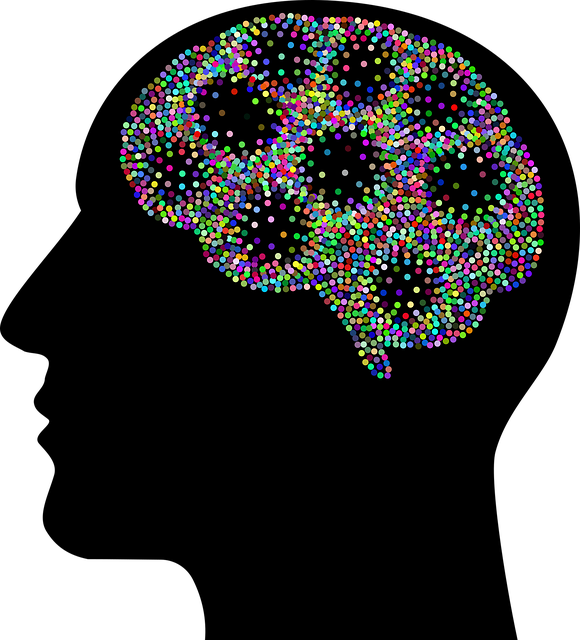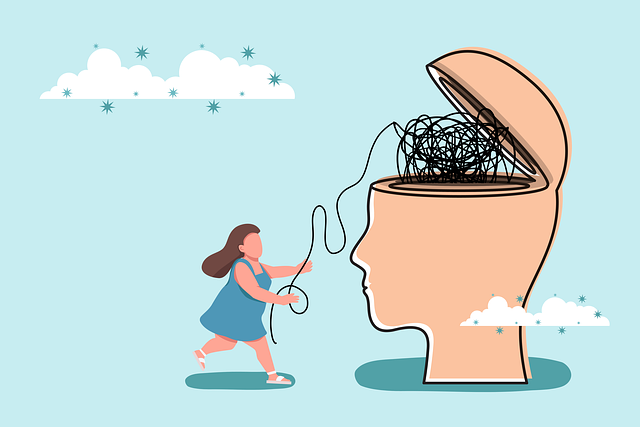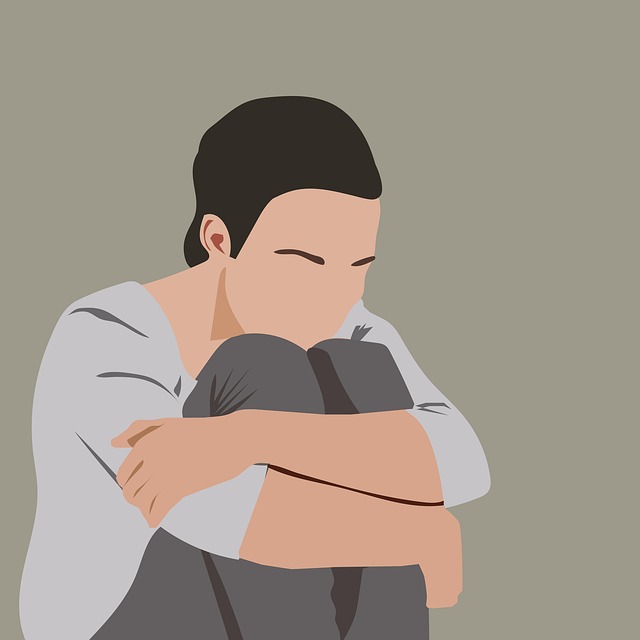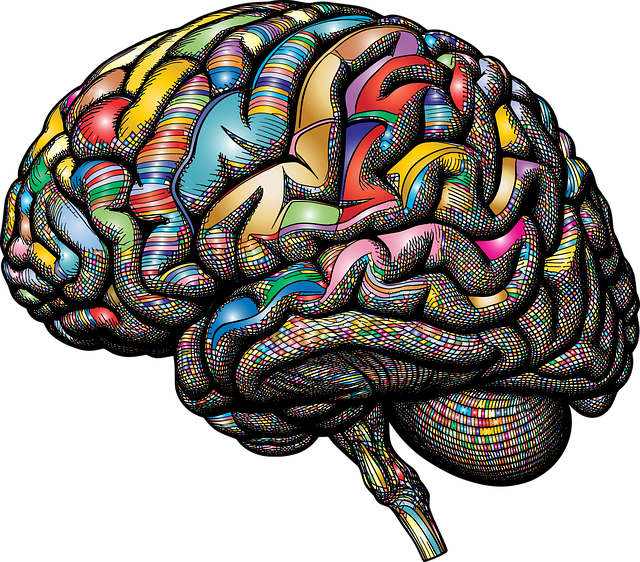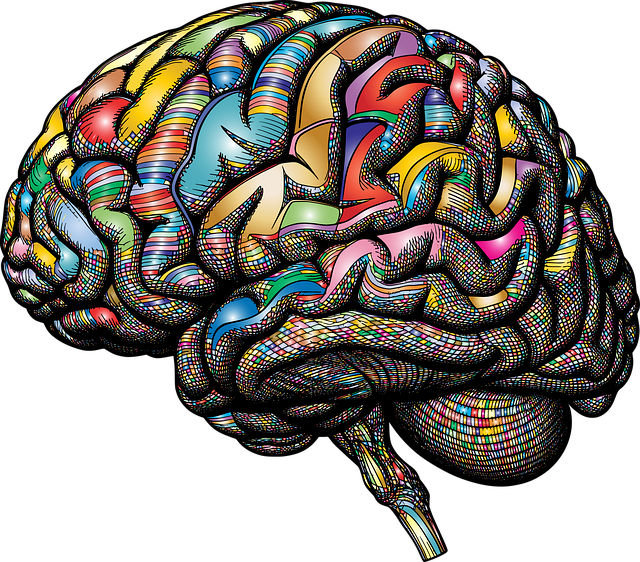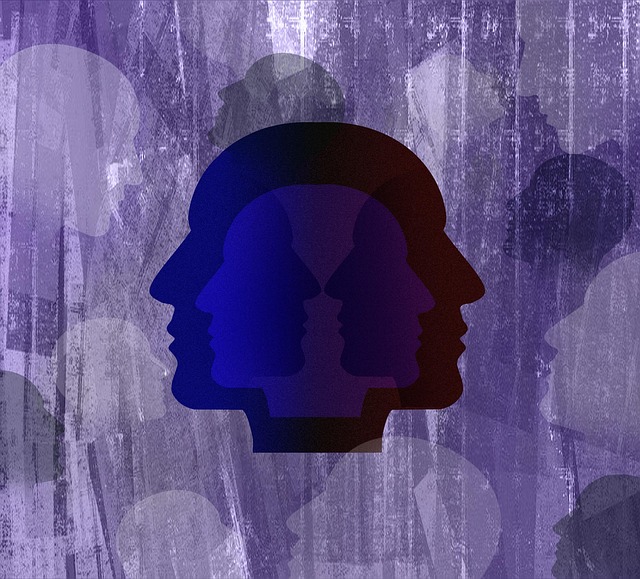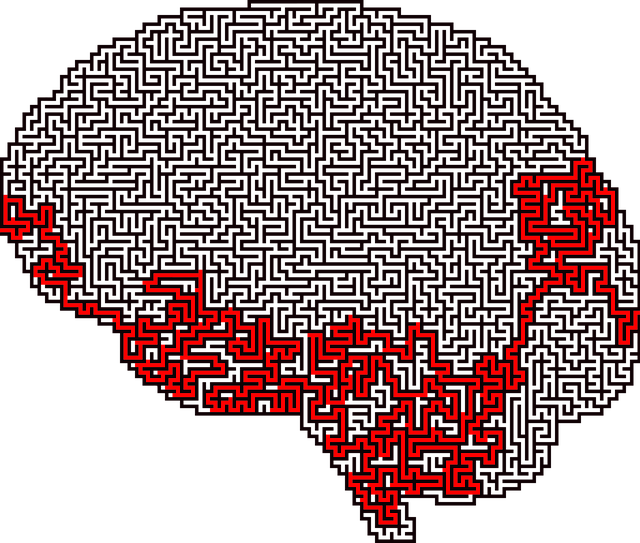Loss and grief can profoundly affect adolescent teens with bipolar disorder, requiring specialized therapy like cognitive-behavioral therapy (CBT) to navigate complex emotions. CBT equips them with coping mechanisms, mood management strategies, and tools to reframe negative thoughts, fostering resilience during difficult periods. This approach helps teens process grief, adapt to life changes, and manage bipolar symptoms. Cultural competency training ensures tailored support for diverse families, addressing both the teen's needs and their unique cultural background. Combining individual therapy, group sessions, regular healthcare check-ins, podcasts, and online communities offers comprehensive care for holistic healing in adolescents grappling with bipolar disorder after loss.
Loss, grief, and bereavement can profoundly impact adolescent teens, especially those living with bipolar disorder. This article delves into the unique challenges these youths face, offering insights from a teen’s perspective. We explore how bipolar disorder complicates emotional coping mechanisms following loss, highlighting the importance of early intervention. Through recognizing signs of distress, understanding therapy approaches tailored for adolescents, and leveraging support systems, we can empower teens to navigate grief and emerge with enhanced resilience. For parents and caregivers, this guide underscores the vital role of counseling in fostering effective healing during trying times.
- Understanding Loss, Grief, and Bereavement: A Teen's Perspective
- The Impact of Bipolar Disorder on Emotional Coping Mechanisms
- Recognizing the Signs: Identifying When a Teen Needs Counseling
- Therapy Approaches for Adolescents Struggling with Loss
- Support Systems and Resources for Effective Healing
Understanding Loss, Grief, and Bereavement: A Teen's Perspective

Loss, grief, and bereavement can be overwhelming for anyone, but teens with bipolar disorder face unique challenges. Understanding these emotions is a crucial step in their healing journey. When a loved one passes away, it’s common for adolescents to experience a range of feelings—sadness, anger, guilt, or even relief. These sensations can be intense and confusing, especially during the already tumultuous teen years. Recognizing that each person copes differently is essential; some may withdraw, while others become more irritable or expressive.
Therapy plays a pivotal role in helping adolescent teens navigate these complex emotions. Specifically, cognitive-behavioral therapy (CBT) has proven effective in teaching young individuals coping mechanisms and mood management strategies to combat anxiety relief challenges. By incorporating mind over matter principles, counselors empower teens to reframe negative thoughts and beliefs associated with loss, fostering resilience as they learn to adapt to life without their loved one. This supportive environment encourages expression of emotions while offering practical tools for managing bipolar disorder symptoms during this difficult period.
The Impact of Bipolar Disorder on Emotional Coping Mechanisms

Bipolar disorder significantly impacts an adolescent’s emotional coping mechanisms, making them more vulnerable to intense grief and bereavement. The disorder’s characteristic mood swings—from extreme highs (mania) to profound lows (depression)—can distort a teen’s ability to process emotions effectively. This can lead to difficulties in managing stress and navigating life’s challenges, including the loss of a loved one.
Therapy for adolescent teens with bipolar disorder focuses on developing healthier emotional coping strategies through various therapeutic approaches. These include stress reduction methods tailored to their unique needs, as well as emotional healing processes that help them process grief and bereavement in a more constructive manner. Additionally, building confidence boosting techniques can empower these individuals to face life’s adversities head-on, fostering resilience and a sense of empowerment in managing both bipolar symptoms and the grieving process.
Recognizing the Signs: Identifying When a Teen Needs Counseling

Recognizing when a teen needs counseling for loss, grief, or bereavement is crucial. Adolescents experiencing these challenges may exhibit signs that differ from adults. They might withdraw socially, struggle with concentration at school, or display extreme mood swings—symptoms potentially linked to underlying issues like bipolar disorder. It’s essential to be vigilant and understand that therapy can provide a safe space for teens to process their emotions, enhance self-esteem, and develop healthy coping mechanisms.
If a teen’s behavior changes significantly, becomes increasingly isolated, or displays intense emotional reactions that persist for an extended period, it may indicate the need for professional support. Self-care practices, often emphasized in counseling sessions, can be life-saving for teens navigating these difficult times. Healthcare provider cultural competency training is also vital to ensure that families from diverse backgrounds receive culturally sensitive care tailored to their unique needs.
Therapy Approaches for Adolescents Struggling with Loss

Adolescents grappling with loss and grief often require specialized therapy to navigate their complex emotions. One effective approach is cognitive-behavioral therapy (CBT), which helps teens identify and challenge negative thought patterns related to their loss, promoting healthier coping mechanisms. This therapy also teaches them practical skills to manage symptoms of bipolar disorder, a common comorbidity associated with significant grief. By combining CBT with compassion cultivation practices, such as mindfulness exercises, therapists can foster empathy and self-compassion in young individuals, enabling them to process their emotions and build resilience.
Additionally, group therapy sessions tailored for adolescents experiencing bereavement can be immensely beneficial. Sharing experiences within a supportive peer group encourages teens to express their grief openly while learning from one another. Incorporating these therapeutic methods, along with regular check-ins with the healthcare provider, ensures comprehensive care that addresses both the adolescent’s mental wellness and cultural competency training, making it an holistic approach to healing.
Support Systems and Resources for Effective Healing

Healing from loss is a complex process that requires support and resources tailored to individual needs. For adolescents and teens dealing with grief, therapy can be a powerful tool. Cognitive Behavioral Therapy (CBT), for instance, has shown effectiveness in helping young individuals manage their emotions and develop coping skills. Group therapy sessions also provide a safe space for sharing experiences, fostering emotional regulation, and building a support network.
In addition to traditional therapy methods, the Mental Wellness Podcast Series offers valuable insights into managing grief and improving mental wellness. These podcasts cover topics like Emotional Regulation and Coping Skills Development, providing practical strategies for navigating bereavement. Online communities and support groups can also connect individuals with similar experiences, offering a sense of belonging and understanding during their healing journey, especially for those struggling with bipolar disorder or other mental health challenges.
Loss, grief, and bereavement can profoundly impact adolescent teens, especially those living with bipolar disorder. Recognizing the signs and providing access to appropriate therapy, tailored to their unique needs, is crucial for effective healing. By understanding the specific challenges faced by teens navigating these emotions, we can foster support systems that enable them to cope healthily and build resilience. Effective resources and counseling approaches, such as those discussed in this article, offer hope and guidance, ensuring adolescents have the tools they need to navigate their emotional landscapes and thrive. For parents, caregivers, and educators, cultivating awareness about these topics empowers them to play a vital role in supporting teens’ mental health and well-being.

